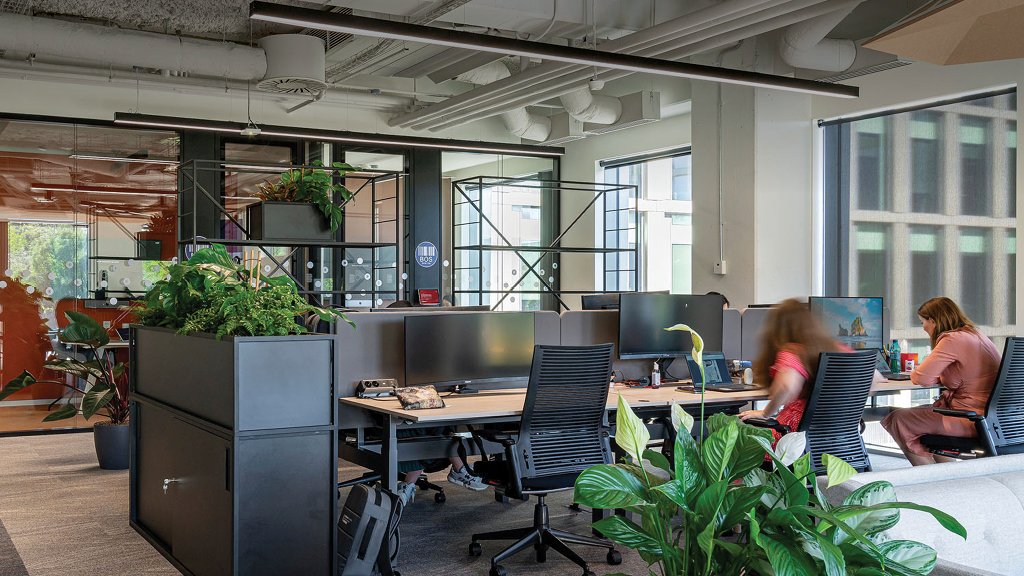In today’s rapidly changing world, the future of work is being shaped by innovative entrepreneurs who are redefining the workplace landscape. These forward-thinking individuals are challenging traditional notions of work and creating new opportunities for themselves and others.
The Rise of Remote Work
One of the most significant changes in the workplace landscape is the rise of remote work. Thanks to advancements in technology, entrepreneurs can now build and run successful businesses without the need for a physical office space. This has opened up a world of possibilities, allowing individuals to work from anywhere in the world and create a more flexible work-life balance.
Remote work offers many benefits, both for entrepreneurs and their employees. It allows for greater autonomy and independence, as individuals have the freedom to set their own schedules and work in environments that suit them best. It also eliminates the need for long commutes and reduces the carbon footprint associated with traditional office spaces.
The Gig Economy
Another trend that is reshaping the workplace landscape is the rise of the gig economy. This refers to the growing number of individuals who are working on a freelance or contract basis, rather than being employed by a single organization. Entrepreneurs are taking advantage of this shift by building platforms and marketplaces that connect freelancers with clients in need of their services.
The gig economy offers entrepreneurs the opportunity to tap into a vast pool of talent from around the world. They can hire freelancers with specific skills and expertise on a project-by-project basis, allowing them to scale their businesses quickly and efficiently. At the same time, freelancers benefit from the flexibility and variety of work that the gig economy provides.
Collaborative Workspaces
While remote work and the gig economy offer flexibility and independence, there is still a need for physical spaces where entrepreneurs can come together and collaborate. This has led to the rise of collaborative workspaces, which provide entrepreneurs with a shared office environment and access to resources and amenities.
Collaborative workspaces offer the best of both worlds. They provide entrepreneurs with the opportunity to work alongside like-minded individuals, share ideas, and collaborate on projects. At the same time, they offer the flexibility and freedom of remote work, as entrepreneurs can choose when and how often they use the workspace.
The Importance of Work-Life Balance
As entrepreneurs continue to redefine the workplace landscape, there is a growing emphasis on work-life balance. Many entrepreneurs are prioritizing their well-being and mental health, recognizing that a healthy work-life balance is essential for long-term success.
Entrepreneurs are finding ways to integrate their personal passions and interests into their work, creating businesses that align with their values and allow them to pursue their passions. They are also implementing policies and practices that promote work-life balance, such as flexible work hours, remote work options, and wellness programs.
Conclusion
The future of work is being shaped by entrepreneurs who are redefining the workplace landscape. Through remote work, the gig economy, collaborative workspaces, and a focus on work-life balance, these innovative individuals are creating new opportunities and changing the way we work.
As the world continues to evolve, it is essential for entrepreneurs and businesses to adapt and embrace these changes. By doing so, they can stay ahead of the curve and thrive in the future of work.


































